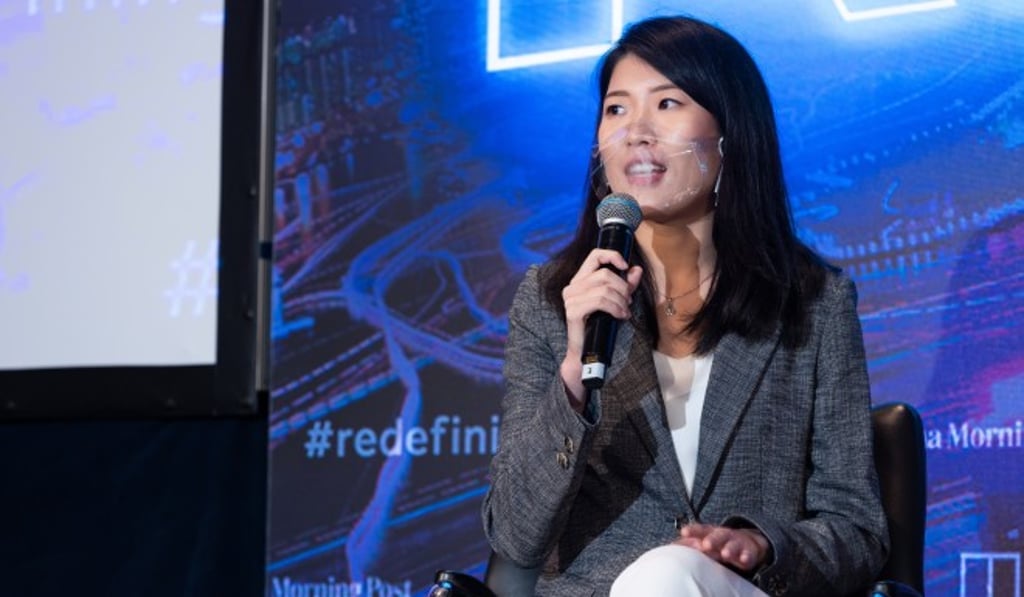Enhancing connectivity, mobility, and collaboration with smart city tech
- Smart city is a marketing term used to define the use of technology, and in particular, data collection, to improve how cities function
- We should not be implementing technology for technology’s sake, but rather have an open dialogue with the public to ensure that what we do, what we invest in, and how we build is uniquely tied to the needs of our citizens

“Smart city is a marketing term used to define the use of technology, and in particular, data collection, to improve how cities function,” said Bien Perez, Senior Production Editor with the Technology desk at the Post who is moderating the panel.
Gary Yeung, President of Smart City Consortium, noted the three things a smart city needs in order to develop: money, policy, and an implementation plan. “The most important thing is [figuring out] how to manage our city more efficiently and how to make a good environment for the next generation in terms of sustainable developments,” Yeung said. Getting more people in Hong Kong and in the GBA invested in smart city development will push forward the connectivity between the region’s cities.

- Easier cross-border travel
- Easier cross-border payments
- Easily transferable healthcare services
- Data sharing among GBA cities
- Free flow of goods and services among GBA cities
Hong Kong is often used as an example when talking about development and innovation in the GBA, as it has a world-class infrastructure and acts as an international hub. In fact, Hong Kong is a pioneer in many ways, and “recently, the [Hong Kong] government has been pushing a lot on ‘art tech’... the art and cultural fusion with technology,” said Peter Yan, Chief Executive Officer of Hong Kong Cyberport Management Company.